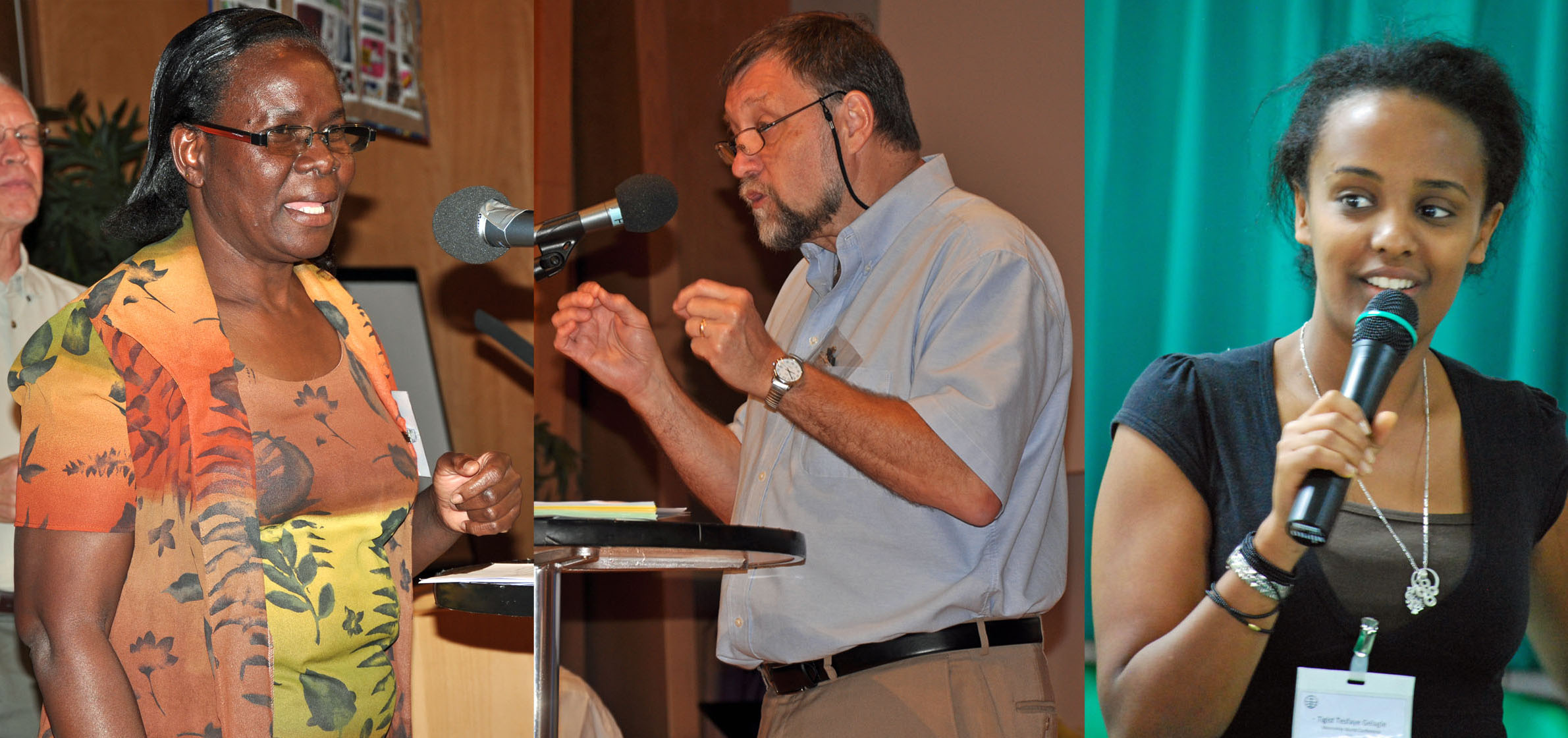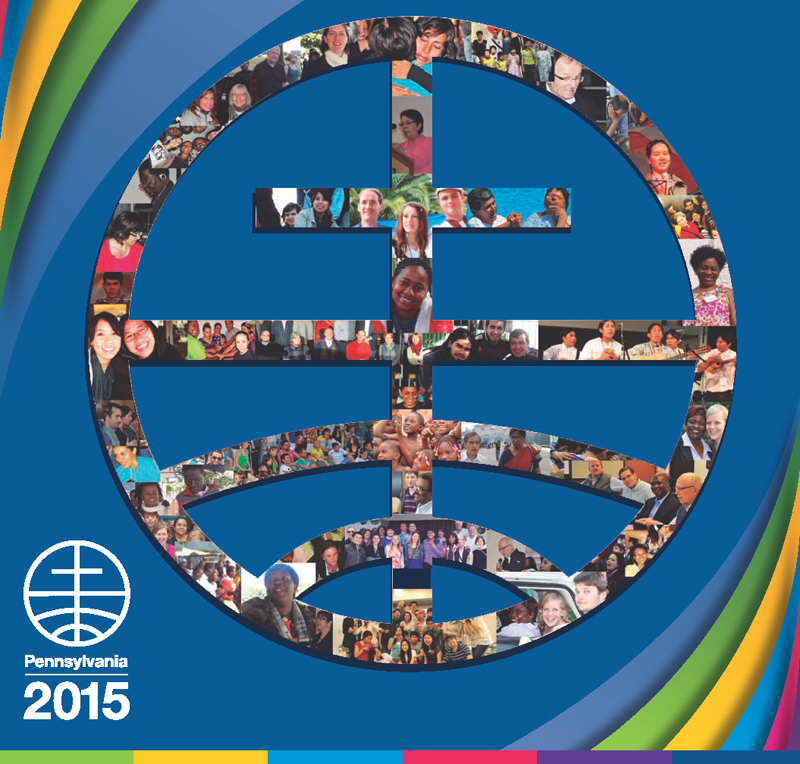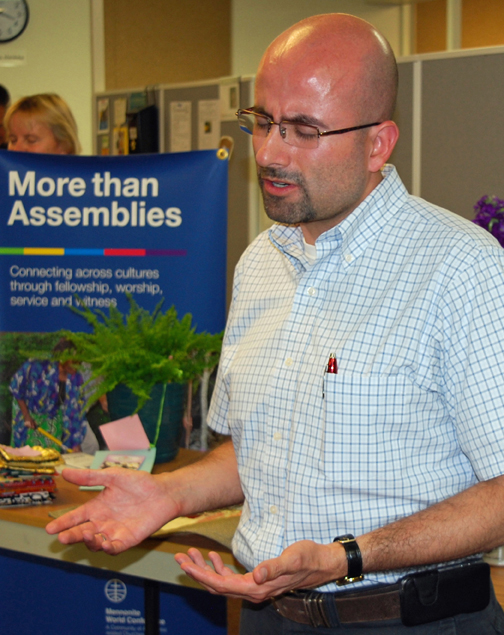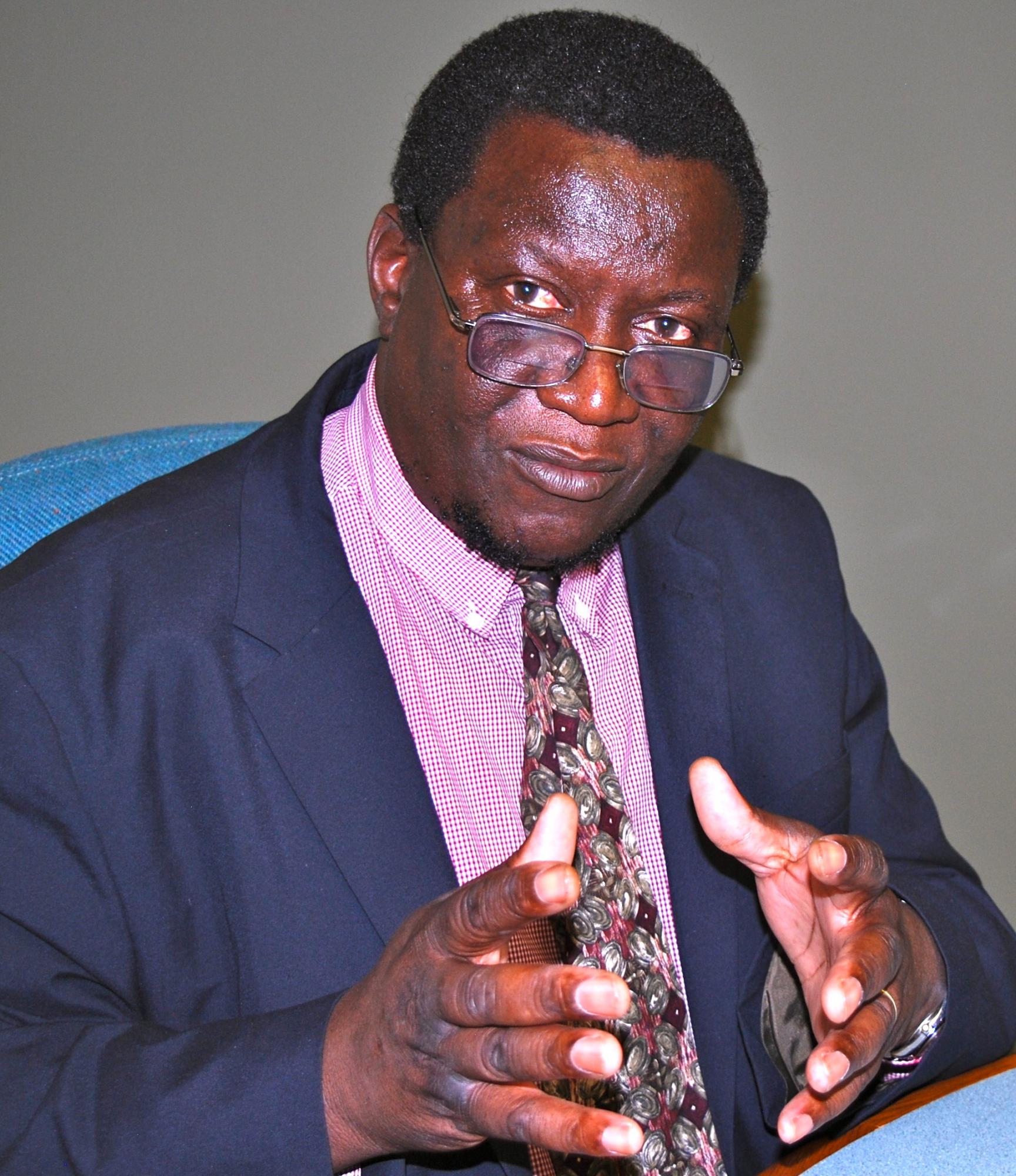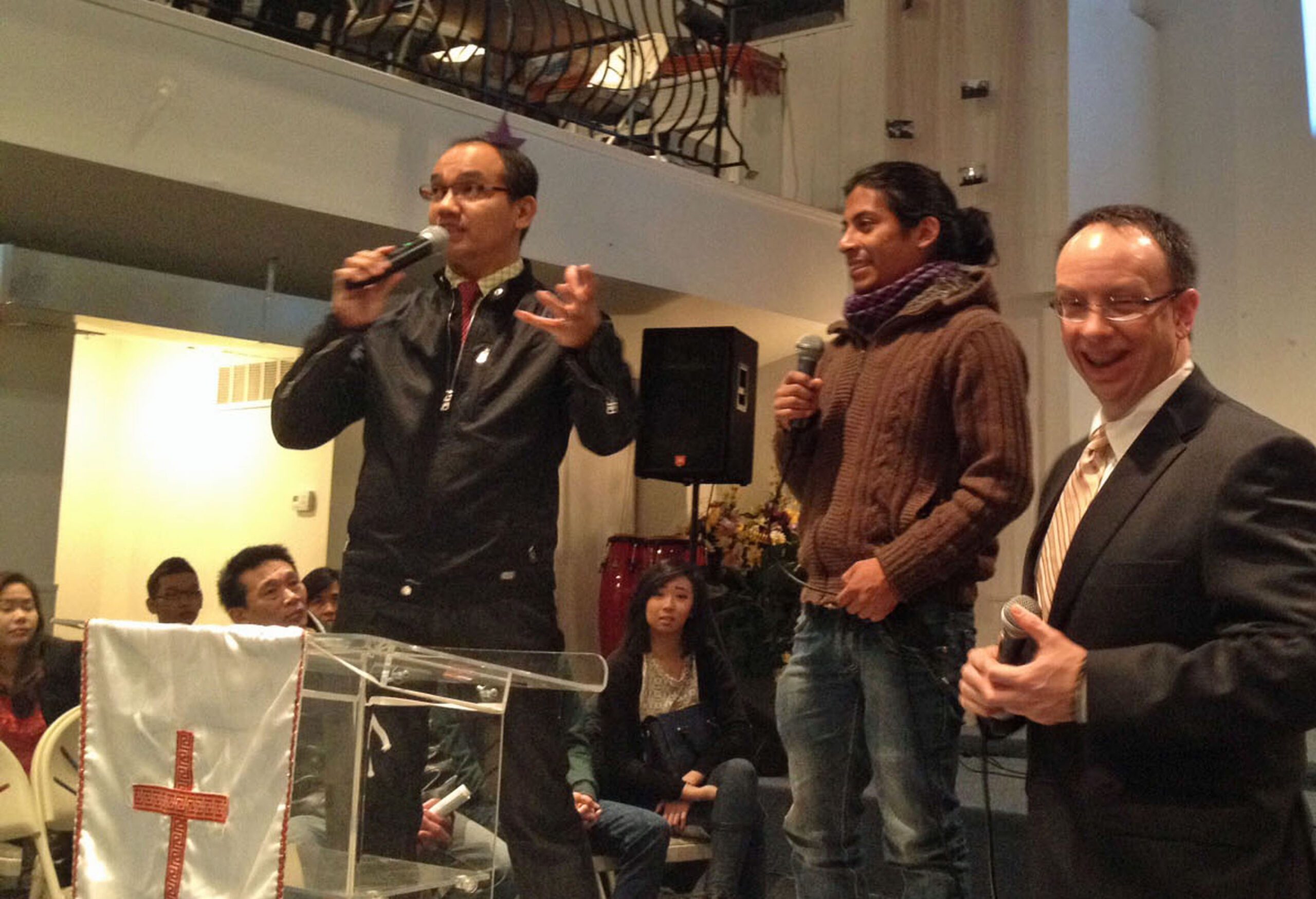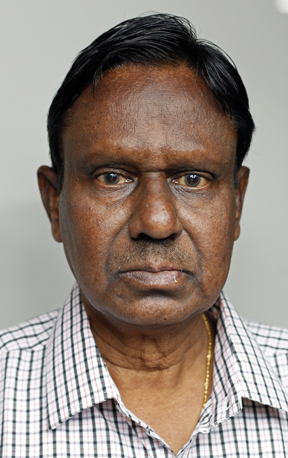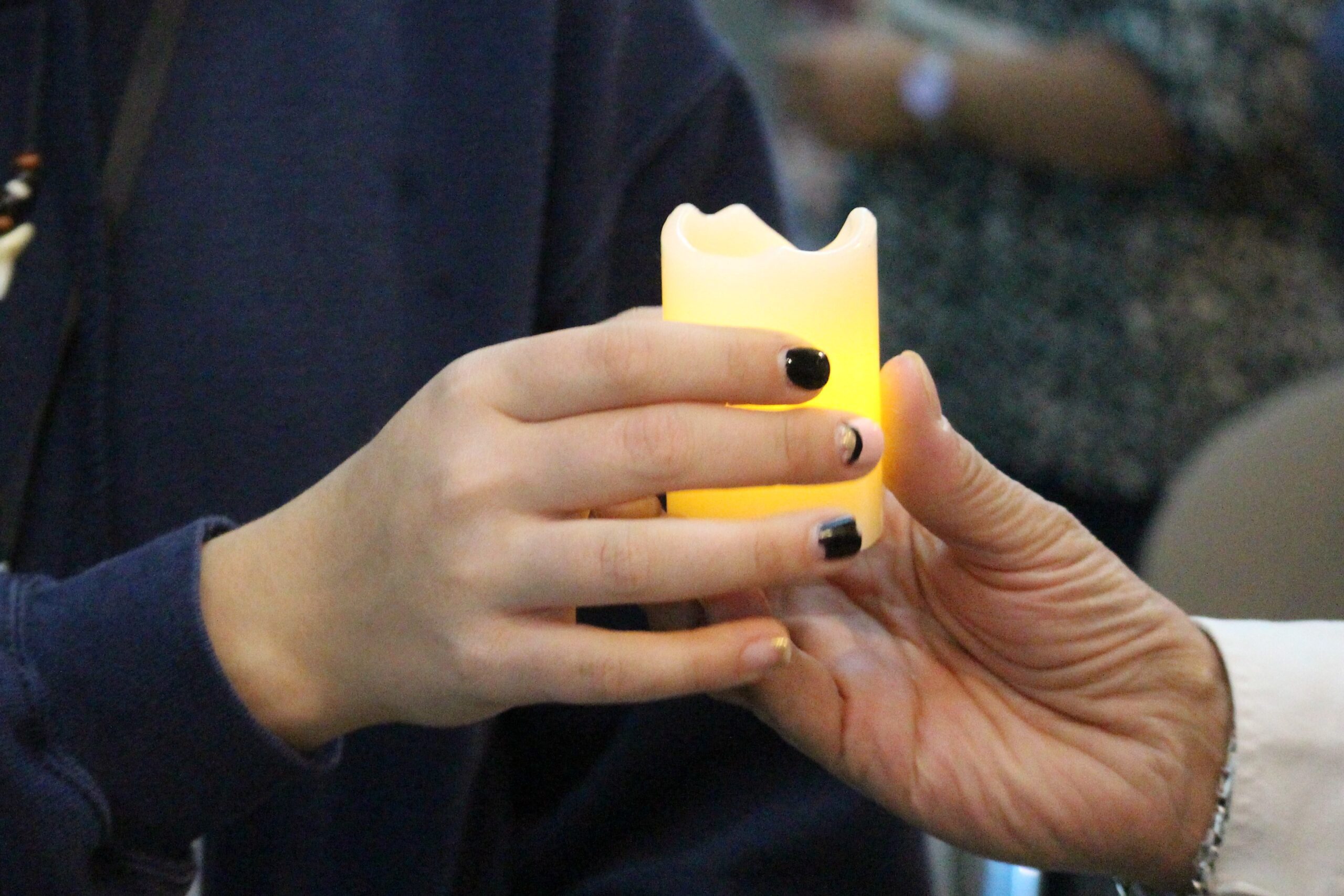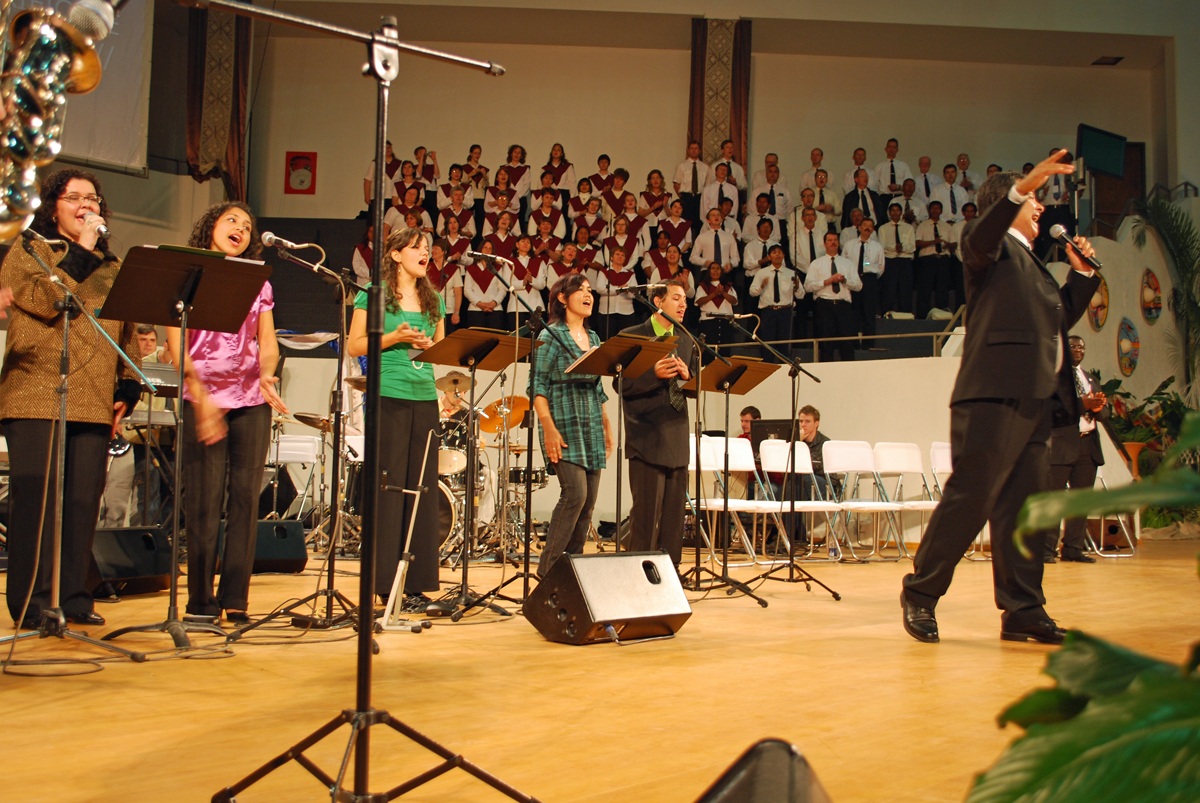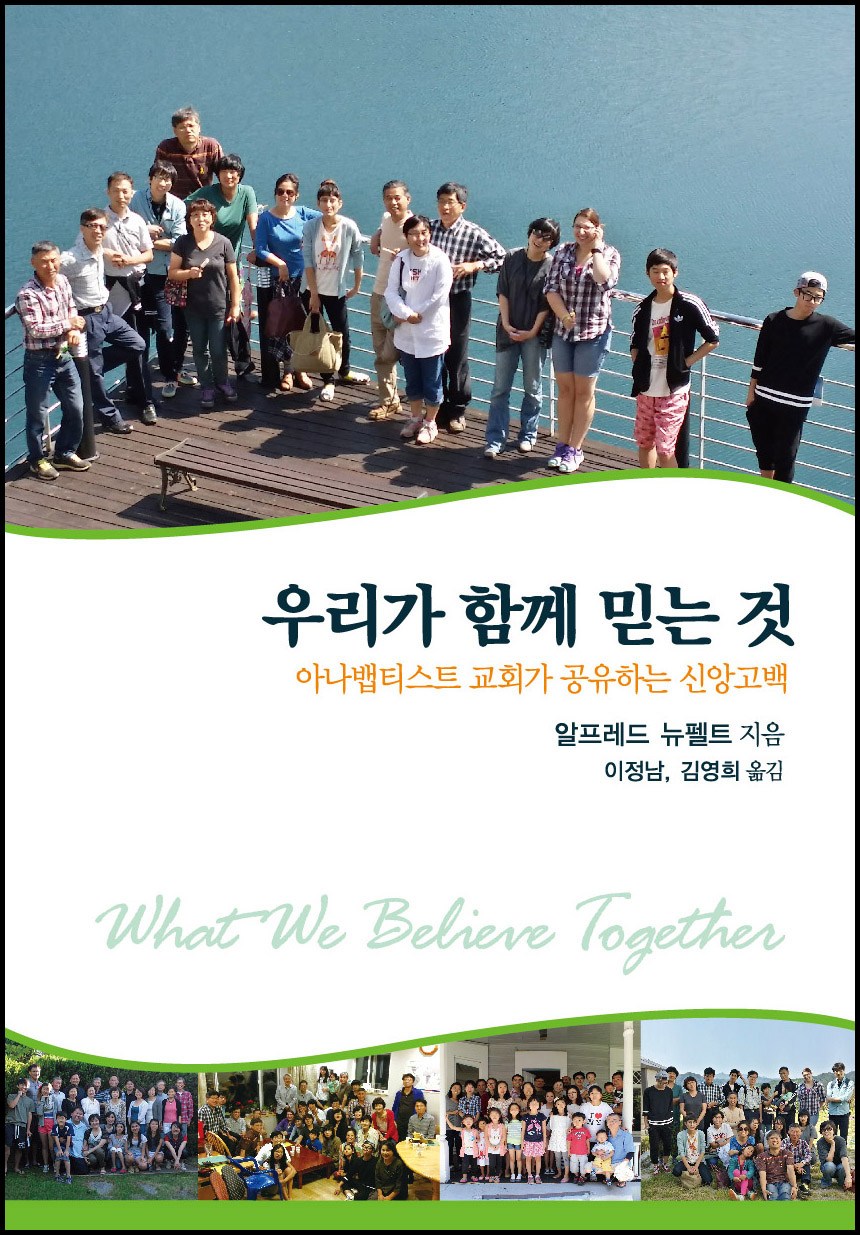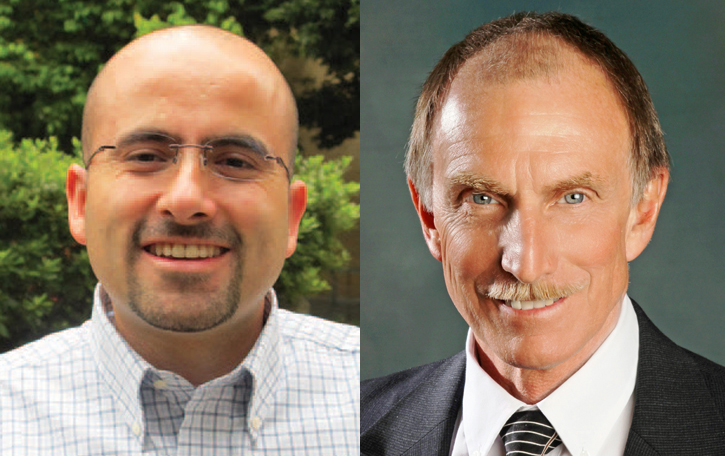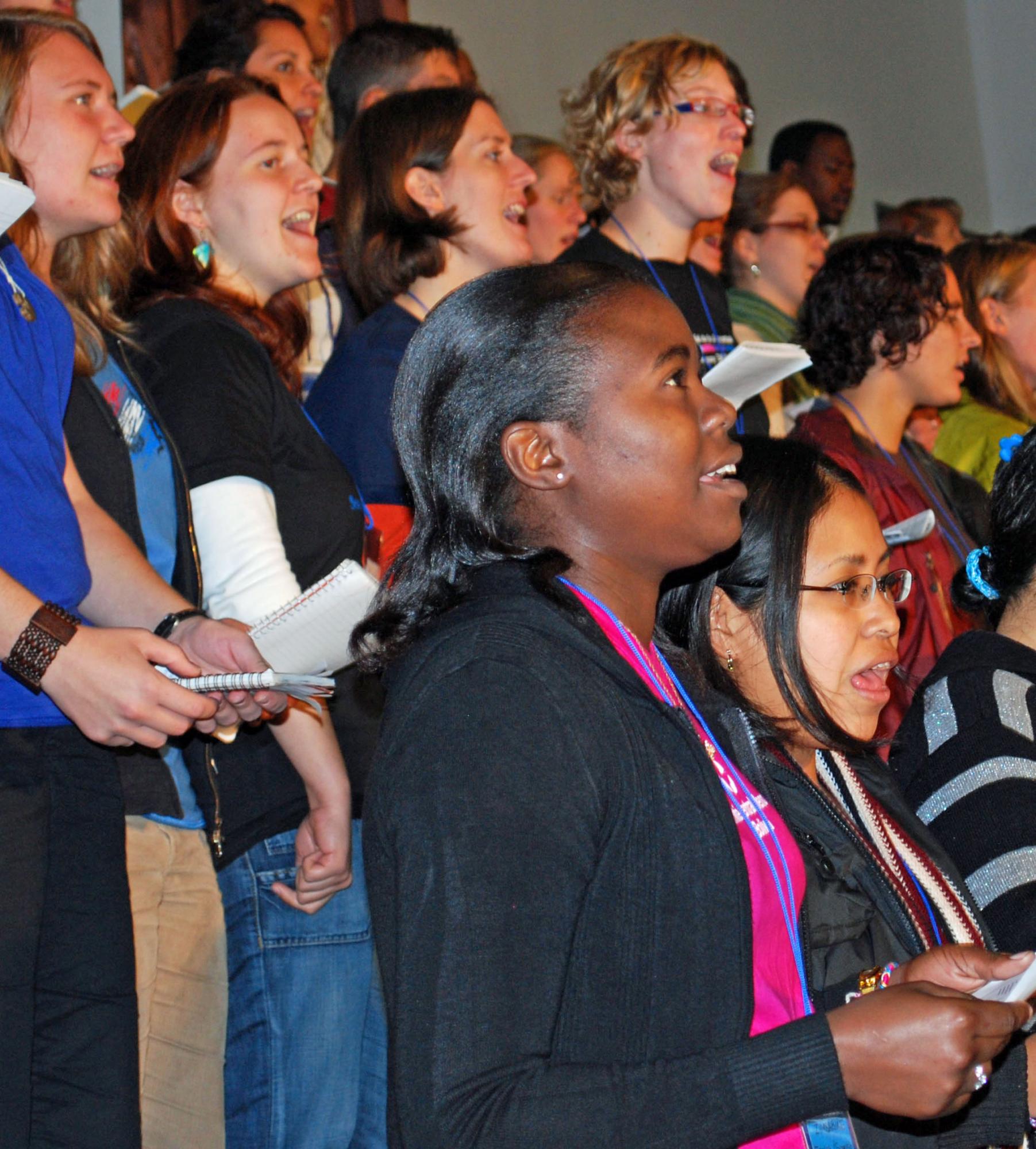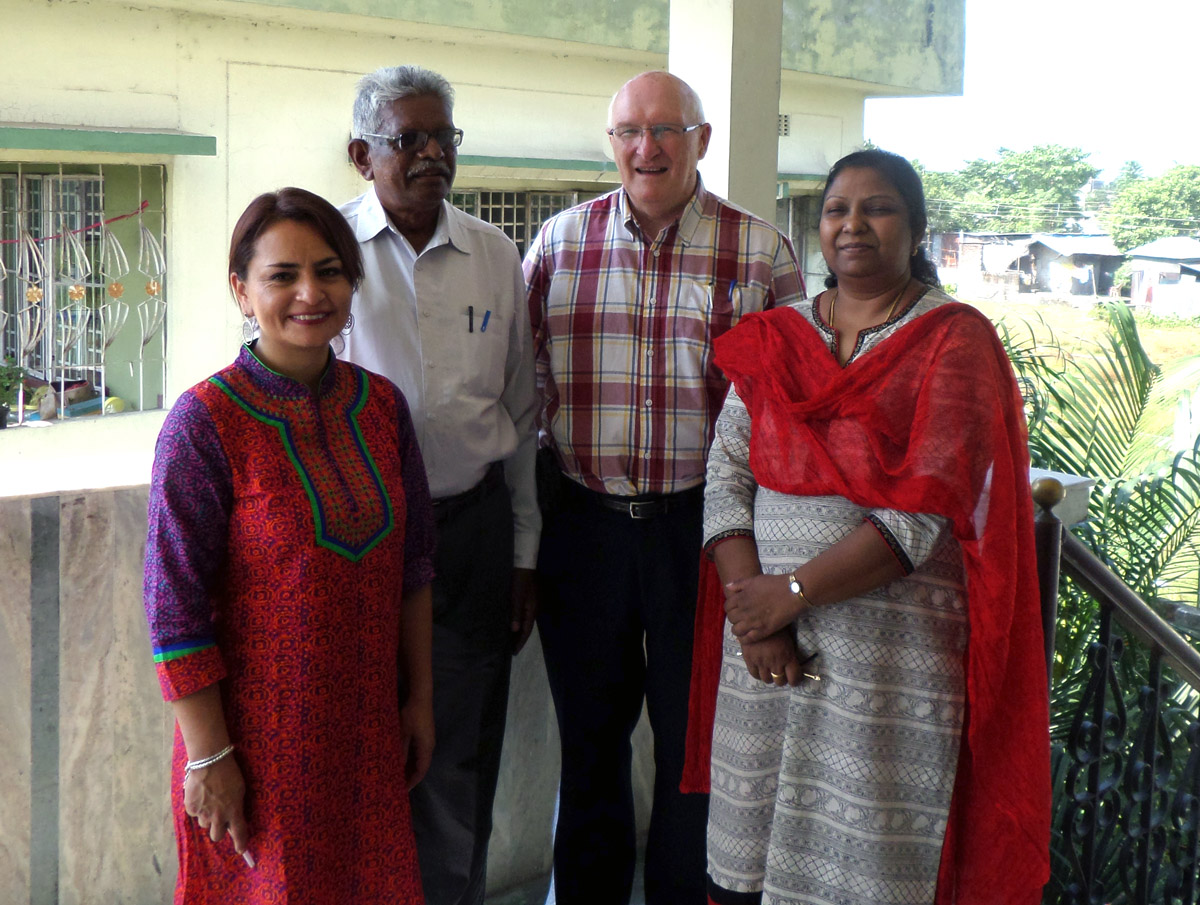-
MWC Puts Creative Tensions at Centre of Its PA 2015 Program
Harrisburg, Pennsylvania, USA – “We’re coming together at PA 2015 to talk with each other about our faith-life with open hearts and open minds,” says Liesa Unger, International Coordinator of this summer’s Mennonite World Conference Assembly. “We’ve invited our speakers to address the creative tensions found in several important topics that we all face daily,”
-
Resources about PA 2015 available on MWC website
Bogotá, Colombia – As excitement continues to grow for the global Assembly, Mennonite World Conference has created a variety of free resources for congregations and communities to use as they talk about and promote Pennsylvania 2015, all available on the MWC website. Church leaders can find a downloadable word doc with ready-made announcements to use
-
César García responds to questions overheard in North America about PA 2015
Amid growing anticipation and excitement about the Mennonite World Conference Assembly (PA 2015) to be held in Harrisburg, Pennsylvania July 21-26, 2015, a number of questions keep surfacing within North American churches. MWC General Secretary, César García of Bogotá, Colombia, shares his thoughts and answers to questions being talked about in hallways and over dinner
-
Mennonite World Conference president retires from bishop position
Bulawayo, Zimbabwe – Danisa Ndlovu, president of Mennonite World Conference, retired from his position as bishop of Ibandla Labazalwane KuKristu eZimbabwe (Brethren in Christ Church in Zimbabwe), effective 31 December 2014. Ndlovu has been bishop of the Brethren in Christ Church since 2000. Beginning in 2015 he assumes a new role with the Susek Evangelistic
-
PA 2015 Includes Assembly Gathered and Assembly Scattered
Harrisburg, PA, USA – “Mennonite World Conference Assemblies come with many parts. Two of them are Assembly Gathered and Assembly Scattered,” explains Liesa Unger, Chief International Events Officer for MWC. Unger, of Regensburg, Germany, is overseeing the planning of “Pennsylvania 2015,” the next MWC Assembly to be held in July 2015. “Assembly Gathered will happen
-
In Memoriam: Edward Sahani
Dhamtari, India – Edward Sahani, a delegate to the Mennonite World Conference General Council for the past six years, passed away 13 December 2014 at the age of 65. He represented the Mennonite Church in India Dhamtari. Sahani was a member of Sunderganj Mennonite Church. A medical doctor, he worked in Dhamtari Christian Hospital Dhamtari
-
Islamic State terror does not render pacifism obsolete, declares faculty at European Mennonite seminary
Liestal, Switzerland – While “deeply shaken” by the terror caused by IS (Islamic State) militias in Iraq and Syria, “we believe that the situation does not render pacifist convictions obsolete,” declared the faculty of the Theological Seminary Bienenberg in a mid-September statement. The statement – entitled “Using violence against violence?” – questions the growing support
-
MWC seeks vocalists for International Ensemble
Harrisburg, Pennsylvania, USA – Mennonite World Conference is seeking gifted vocalists to join the International Vocal Ensemble for the Pennsylvania 2015 Assembly. This ensemble will lead congregational singing during the Assembly. The singing and worship services will reflect the global fellowship of Mennonite World Conference, and be rich in music and worship diversity. The purpose
-
Korean translation of What We Believe Together released
In early November, the Korea Anabaptist Press released a Korean translation of What We Believe Together by Alfred Neufeld, a 2007 publication in the Mennonite World Conference Global Anabaptist Mennonite Shelf of Literature. This was an initiative of the Korean Anabaptist Network. Kyong-Jung Kim, the Northeast Asia Representative for MWC, has distributed the book to
-
Healthcare leaders plan international summit July 2015
Bogota, Colombia and Goshen, Indiana, USA – Leaders of Anabaptist/Mennonite healthcare institutions and healthcare professionals will hold a conjoint international meeting during an international leadership summit 20-21 July 2015, under the sponsorship of Mennonite World Conference and Mennonite Health Services. The summit’s sponsors state that leaders from Anabaptist/Mennonite-affiliated healthcare institutions have not gathered in this
-
Preparing for PA 2015 – What you can do!
Harrisburg, PA, USA – In less than a year from now, our sisters and brothers from around the world, and from across North America, will be coming to Harrisburg to worship and fellowship with us. “PA 2015,” the Mennonite World Conference Assembly, will be held at the Farm Show Complex, July 21-26, 2015. “We expect
-
Workshops strengthen Anabaptist identity in India
India – A jointly sponsored series of workshops have helped to strengthen Anabaptist identity across India. In a collaborative effort, the Mennonite Christian Service Fellowship of India (MCSFI), Mennonite World Conference (MWC) and Mennonite Central Committee India (MCCI) hosted a series of four workshops across India from 20 October to 3 November 2014. As a
